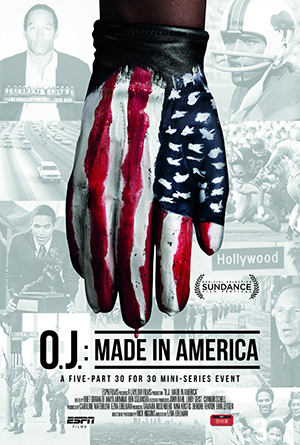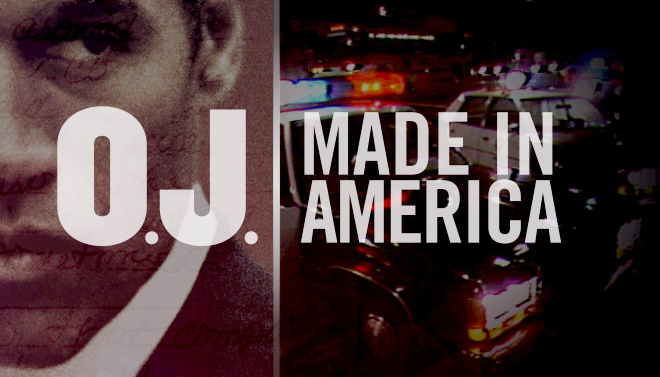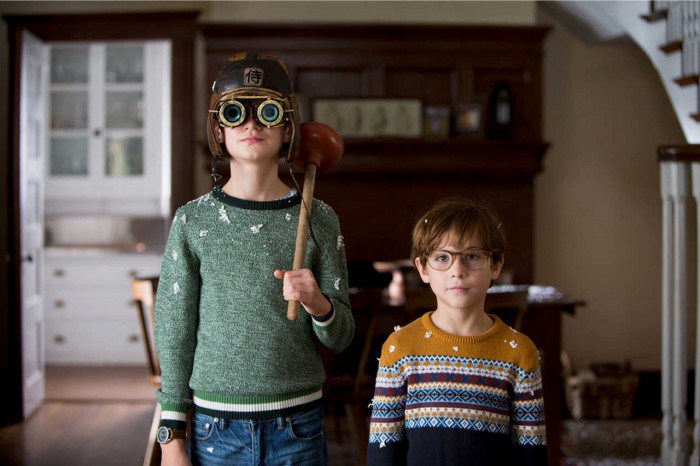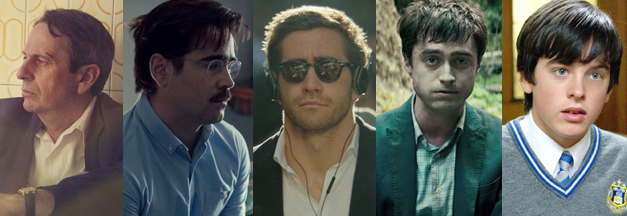Olivia @ 100: Light in the Piazza
 Tuesday, June 28, 2016 at 5:14PM
Tuesday, June 28, 2016 at 5:14PM For Olivia de Havilland's Centennial (July 1st) we're hitting classics and curios in her career. Here's Chris Feil on a forgotten film that became a new classic musical...
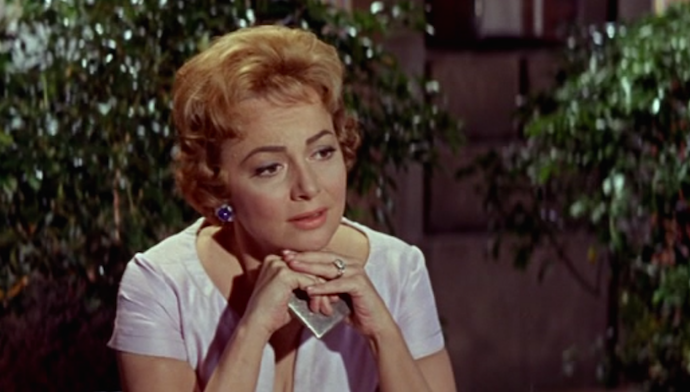
I came to Olivia de Havilland's work in Light in the Piazza thanks to a (still enduring) obsession with the Adam Guettel musical, both adapted from Elizabeth Spencer's novella. While it's not surprising that the film hasn't endured (it lacks the stage version's soaring emotional heights), de Havilland's performance deserves a better place in her legacy. Even with a youthful love story as its center and gorgeous Florence as backdrop, you can't take your eyes off of the concerned mother - and not just because she spends the entire film drenched in custom Christian Dior!
As Meg Johnson, de Havilland is spending a holiday with her young daughter Clara, who falls in love with a charming Italian boy. The reason for her overbearing concern is the secret of Clara's developmental disability that freezes her to a childlike disposition - something the musical uses as an Act Two reveal that the film never hides. By addressing this conflict early on we understand Meg from the outset, especially thanks to the actress's relatability. De Havilland's real prowess in the role is her deep emotional access and intelligence; she keeps the film from stooping to the cheap sentimentality that's all too common in films about disability.
Her Meg is not simply a foil to Clara's love story. De Havilland is telling her own fading romance with her husband, projecting the aches and heartbreaks of their lifetime together in a very specific struggle of weathered marriage. Her dissent against her husband in regards to Clara's care could cause the end of her marriage or may be its only hope, but she plays it solely as selfless motherly affection. Meg's final "I did the right thing" would be hokey final note in the hands of a less soulful actress, de Havilland makes it a hard-won personal triumph with her pure connection to character.
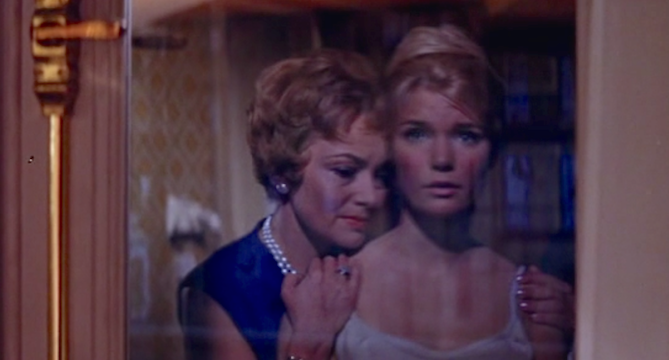
Victoria Clark may have taken the character to glorious Tony winning vocal heights on stage, but this performance is emotionally transformative in its own way. The film may have been forgotten in the broader de Havilland filmography, but the star is in top form and as accessible as ever.
Previously: The Heiress (1949), The Dark Mirror (1946), The Adventures of Robin Hood (1938) and It's Love I'm After (1937).



